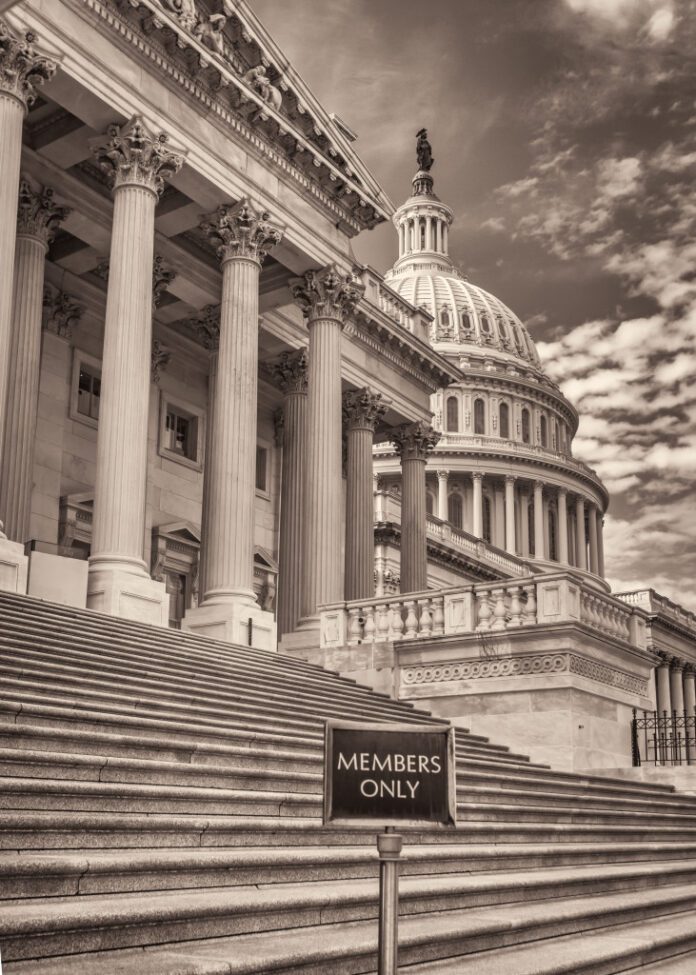Washington, D.C. – It was this day over two centuries ago when George Washington sent the Bill of Rights to the states in 1789, the very first amendment enshrined was freedom of speech. That placement was intentional: without the ability to speak, to criticize, to mock, or to challenge power, no other freedom survives.
Today, that principle is being tested in a clash not over laws, but over pressure and censorship. ABC’s suspension of Jimmy Kimmel Live! after his sharp remarks about Charlie Kirk—a man whose rhetoric has trafficked in race-baiting, demographic fear-mongering, and conspiracy—wasn’t just about television programming. It became a test case for whether government officials can lean on private media companies to silence critics.
Legal scholars call this tactic “jawboning”: when officials don’t directly censor, but apply enough pressure that corporations act as enforcers of government preference. Reports that Trump administration figures pushed networks and regulators to punish Kimmel highlight the danger. It may not look like book burnings or direct bans, but the effect is the same: narrowing what can be said in public life.
And this is where the First Amendment matters most. It does not exist to protect polite conversation or state-approved narratives. It exists precisely to protect speech that is uncomfortable, biting, even offensive to those who hold power. That is why it was placed first—because without free speech, the rest of the Bill of Rights collapses.
Silencing a late-night host over criticism of a political figure is not just an attack on comedy. It is an attack on the democratic promise that power can be questioned. Whether you like Kimmel’s jokes or not, the stakes are bigger than him. The real issue is whether America still honors the freedom that begins the Bill of Rights, or whether we allow those in power to decide who gets to speak and who doesn’t.




